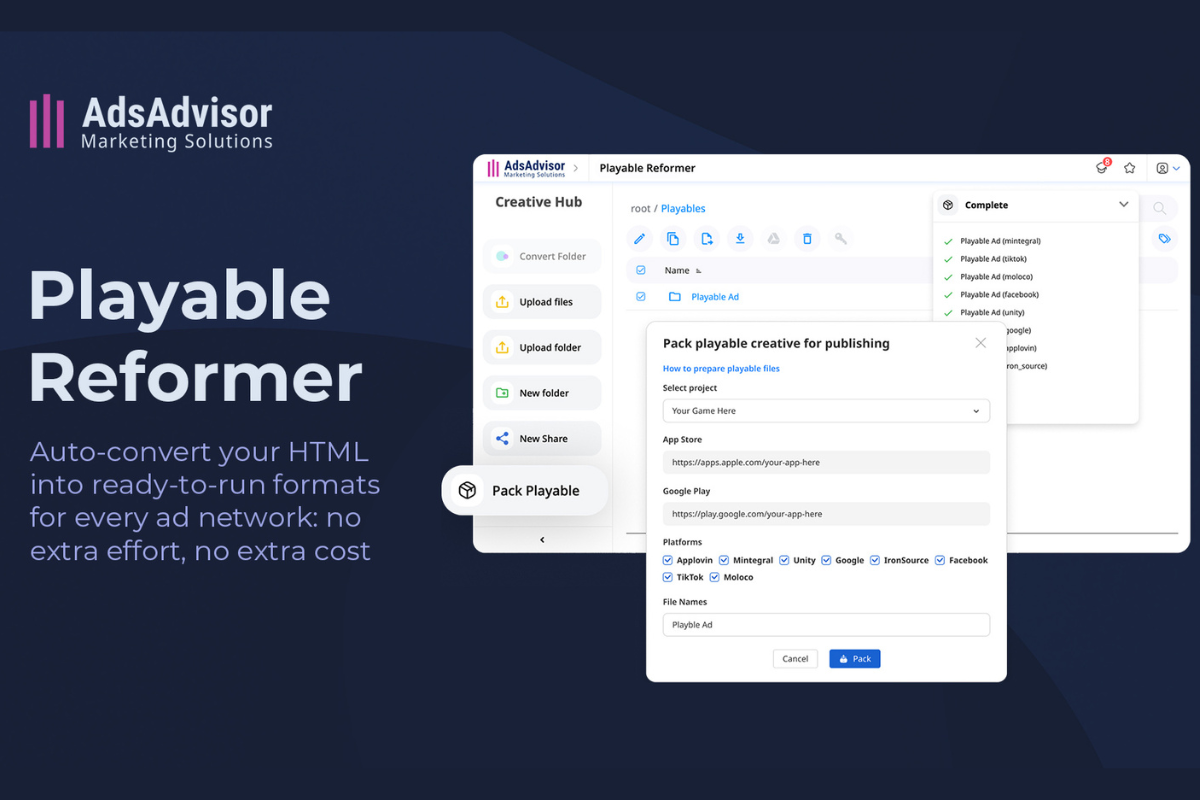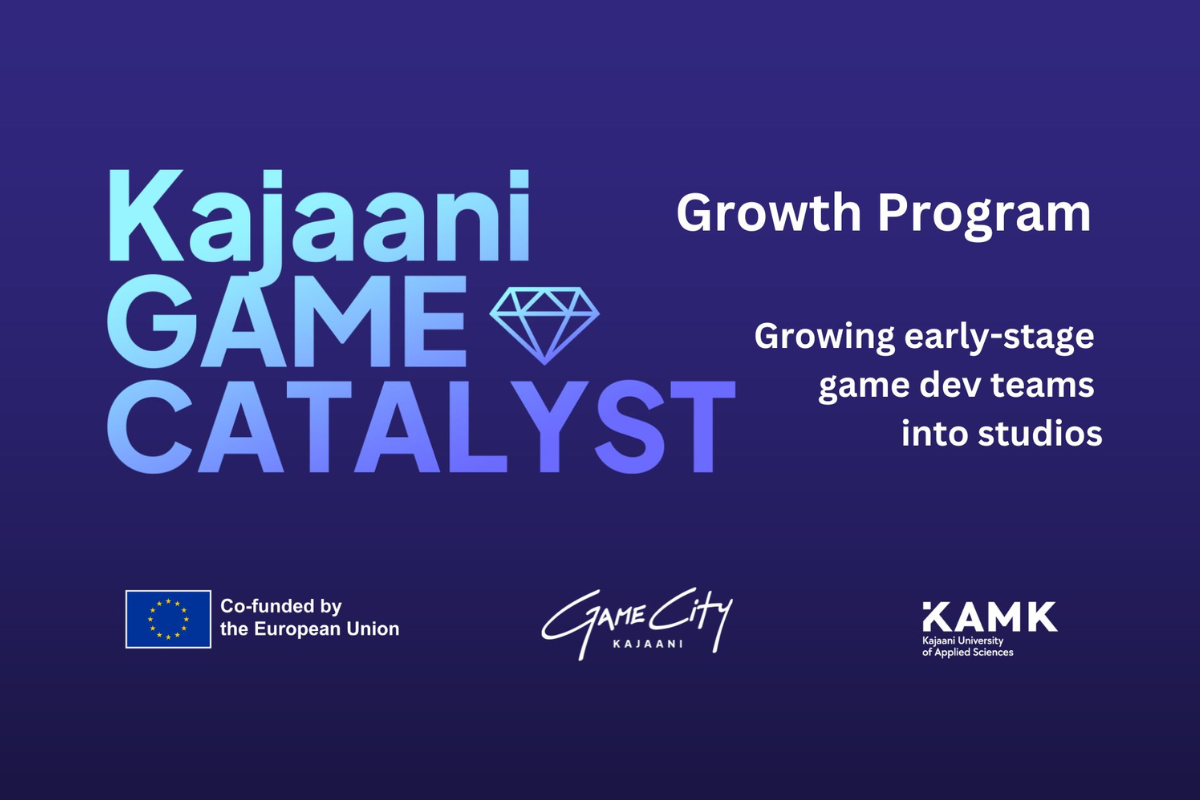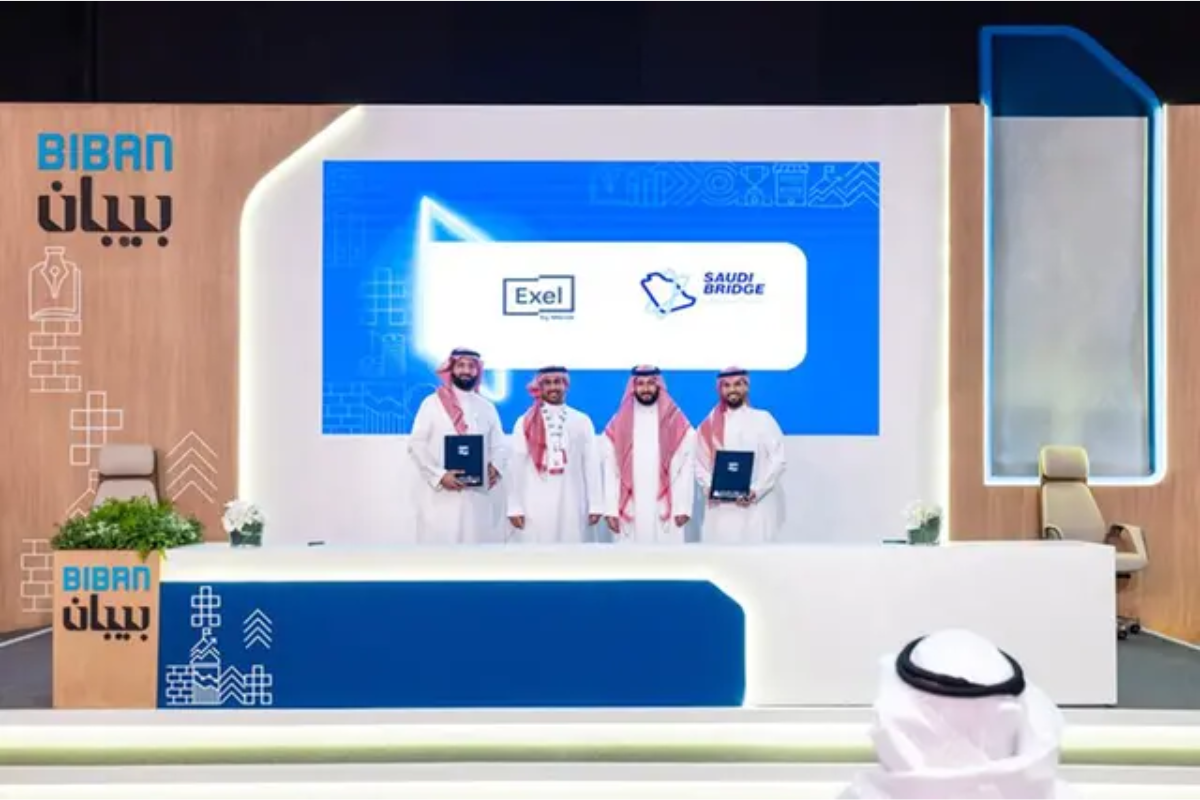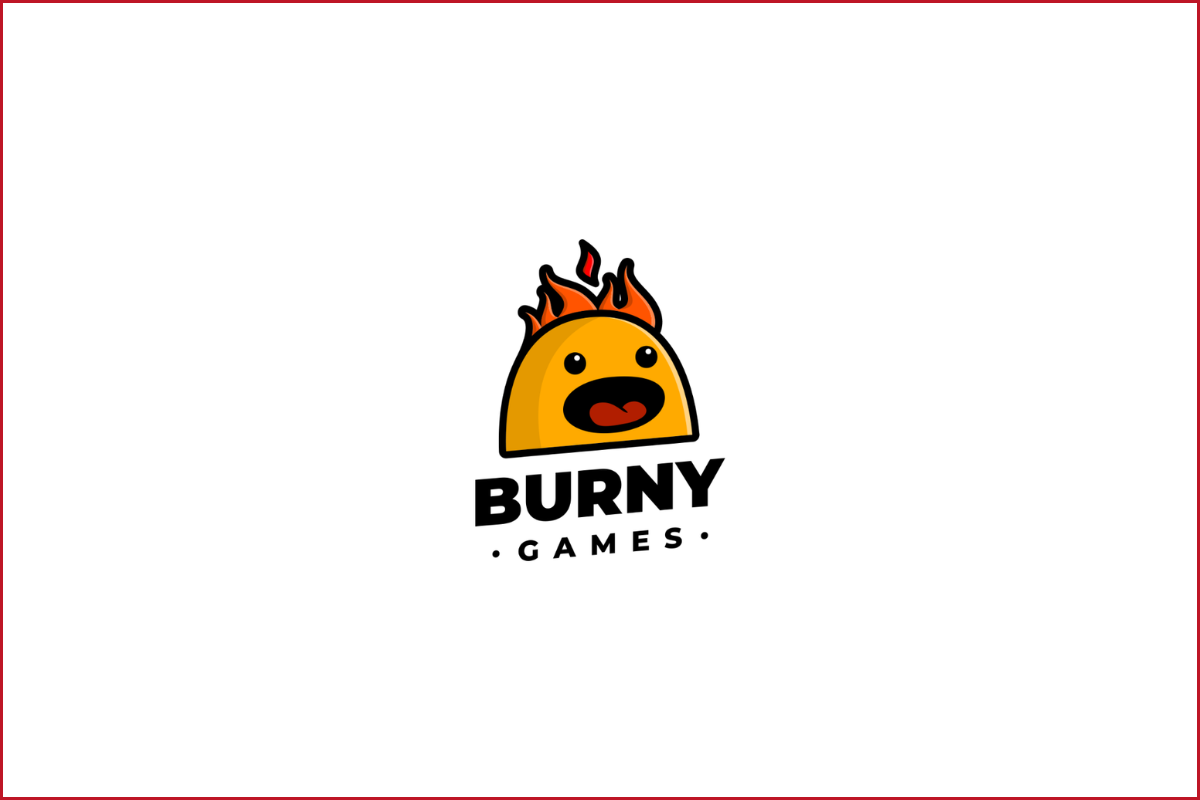The video games industry is one of the most demanding and unpredictable sectors, where sustaining a title for even a few years is an exception rather than the rule. Yet InnoGames’ Tribal Wars continues to defy expectations—now in its 22nd year, the game recorded its highest financial performance to date in 2024.
Thorsten Schankin, Product Manager of Tribal Wars, shared his insights with us on how the team has managed to keep the game thriving for over two decades. And believe it or not, this is just the short version of the story.
For the full interview, subscribe to our newsletter.
Can you walk us through the 22-year history of Tribal Wars, highlighting the key milestones?
Tribal Wars began in 2003 as a passion project that would later lead to the founding of InnoGames in 2007. The game evolved quickly with a minimap (2004), village graphics overhaul (2005), and finalized village view by 2008.
Mobile expansion was crucial, with versions for web (2010), iOS (2011), and Android (2012).
Social features like chat and a mentoring system in 2015 strengthened community bonds, while the Watchtower in 2016 was the first new building added to the core game.
We’ve kept the experience fresh with seasonal events and varied endgame scenarios, alongside modernization efforts including the improved Quest System (2020), Attack Planner redesign (2021), and the Community Polling System (2022).
The pandemic brought a rollercoaster – a player surge during lockdowns, followed by a sharp decline when restrictions lifted. By focusing on community-driven features, we reversed this decline, with 2024 becoming our most financially successful year.
Security has been an ongoing focus. Soon, we’ll introduce an official script library that will eliminate confusion about approved scripts while improving security.
Looking at the numbers, players have launched over 100 billion attacks and produced more than 10 trillion troops in the game’s history.
Our 20th anniversary in 2023 marked a rare achievement in gaming, celebrating how we’ve maintained Tribal Wars’ essential character while continuously evolving.

Image Credit: InnoGames
What strategies have been most important in keeping Tribal Wars and Grepolis relevant over such a long period?
First, we’ve developed a genuine partnership with our player communities through systems like the Community Polling System. Our community managers have considerable flexibility to adjust settings for each world, customizing speeds and feature sets to tailor experiences to different player segments.
Second, we maintain a careful balance between stability and innovation. We’ve preserved the fundamental mechanics while introducing new elements that prevent stagnation, all designed to fit seamlessly within the established game world.
Third, we prioritize both technical and experiential quality. Behind-the-scenes modernization ensures accessibility across evolving technologies, while our focus on quality-of-life improvements addresses friction points that become apparent only after years of player engagement.
Finally, we maintain a truly long-term perspective in our decision-making. In an industry often chasing quarterly results, we evaluate changes based on sustainable player engagement over the years, not weeks.
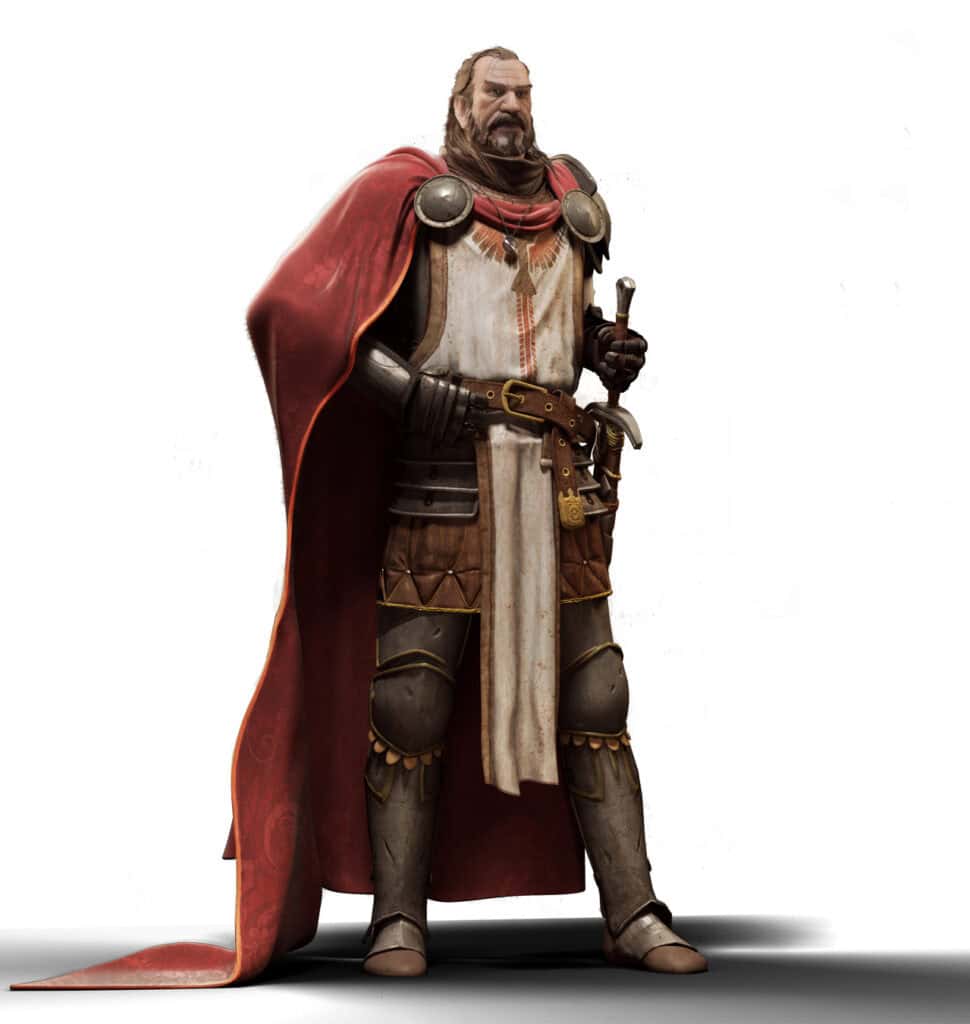
Image Credit: InnoGames
You mentioned that 2024 has been the most financially successful year in Tribal Wars’ history. What drove that success?
We reworked our events with better, more targeted offers aligned with what players actually wanted. Our event pass model works differently than in many other games – available for premium points that players can earn through gameplay, not just through purchases. Our approach to monetization evolved toward transparency and value. Players appreciate that our offers enhance their experience rather than feeling exploitative, leading to healthier spending patterns.
Targeted marketing campaigns around the world started bringing in new players at key moments, ensuring new worlds launched with active populations. Our community team also successfully reactivated veteran players by showcasing recent improvements.
This created an upward spiral – happy players spent more time in the game, became more active in the community, and felt more comfortable supporting a game they enjoyed.

Image Credit: InnoGaöes
How has your background as a Community Manager shaped your approach to product leadership?
That experience gave me direct insight into player perspectives that’s impossible to gain any other way. While we now have dedicated community specialists, that formative experience taught me resilience and how to see past emotional feedback to the underlying concerns.
I learned to abstract individual feedback to understand broader community needs – what players want and what players need aren’t always the same thing. This helps me “translate” between different stakeholders, framing player feedback in terms that resonate with developers and business teams.
While I operate with business awareness, my community background reinforces a long-term perspective. I’ll always prioritize game health over short-term revenue. At InnoGames, we’re committed to making games last by keeping players happy.
At heart, I’m a gamer first – as are all of us at InnoGames. I still love interacting with players during Discord Q&A sessions and community days when players visit our offices. These face-to-face interactions remind us of the real people behind the screen names.

Image Credit: InnoGames
As players have matured from teenagers to working professionals, how has that influenced your strategy?
Many players who started with Tribal Wars as teenagers are now adults with careers and families. With the average player now in their mid-thirties, our strategy has evolved accordingly.
Where once our players had abundant time but limited money, now many have the opposite situation. We’ve created systems that respect both play styles – time-focused players can progress through consistent engagement, while those with limited availability can use targeted purchases to maintain competitiveness. Neither approach creates an unfair advantage.
Player feedback has influenced major decisions, like our redesign of endgame systems. At this point, Tribal Wars is quite feature-complete, so most of our interaction with the community focuses on quality-of-life improvements that have an outsized impact on player satisfaction.
Evolving the game without alienating veterans requires transparent communication. When changes are clearly explained as benefiting game health rather than simply driving revenue, players are remarkably understanding.
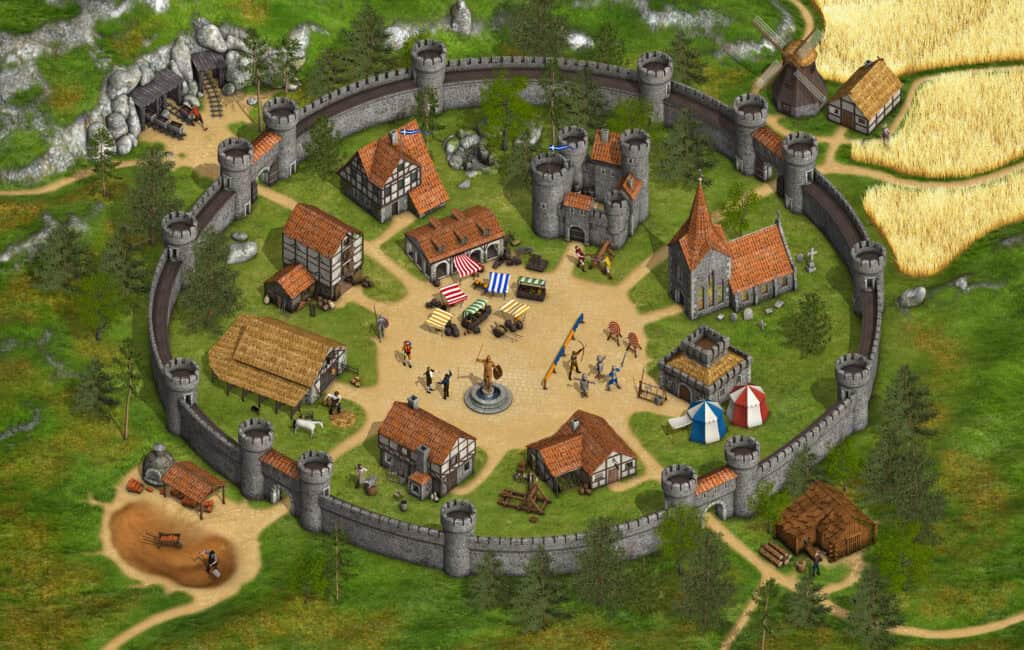
Image Credit: InnoGames
How did your experience at Tchibo influence your approach at InnoGames?
My time at Tchibo (one of Germany’s largest retail chains) taught me to appreciate InnoGames’ agile approach. At Tchibo, departments often operated as separate entities with complex approval processes that slowed innovation.
At InnoGames, we’re truly game-centric rather than department-centric. We can identify a player’s need, develop a solution, and deploy it without navigating multiple approval committees or waiting for the next budget cycle.
I’ve worked to preserve the direct lines of communication and relatively flat hierarchies that enable us to move quickly. What makes our culture special is that everyone can influence our direction and contribute ideas. This collaborative spirit not only makes work more fulfilling but ultimately creates better games by drawing on our collective creativity.

Image Credit: InnoGames
Photographer: Ronald Norori
What advice would you give to someone aiming to move into product leadership in gaming?
Be a gamer at heart – develop a profound understanding of player psychology and what creates meaningful experiences. Technical literacy is essential, even if you’re not a developer yourself.
There’s no place for ego in effective product leadership. The best leaders surround themselves with experts who are better in their respective professions. Listen to them, challenge them when appropriate, but trust them in the end.
Cultivate a balanced perspective on business aspects. Free-to-play games require harmonizing player experience with sustainable monetization, but always prioritize long-term player satisfaction over short-term revenue gains.
Communication skills are perhaps your most valuable asset – learn to speak the language of different stakeholders while maintaining a consistent vision. Seek diverse experiences within the industry and embrace agile, collaborative approaches.
Remember that at the end of the day, we’re creating entertainment that brings joy to people’s lives. Never lose sight of that purpose amid the metrics and deadlines.

Image Credit: InnoGames
What are your short- and long-term goals for Tribal Wars and Grepolis?
For Tribal Wars, we’re particularly excited about the upcoming Relic System, which will allow players to discover and upgrade relic weapons that buff their villages. We’re also preparing to launch our official script library to improve both security and user experience.
For Grepolis, we’re looking forward to the World Masters competition and farm village assistant improvements that will streamline resource gathering.
Our Discord integration continues to evolve, with Q&A live sessions becoming a regular touchpoint between players and the development team.
Looking further ahead, we’re exploring ways to deepen the social connections that have always been the heart of both games. We’re also evaluating how to better serve players as they continue to mature with our games, finding the right balance between accommodating time-limited veterans and engaging new players.
Throughout all our efforts, our North Star remains: respecting what makes these games special to long-time players while ensuring they remain accessible to new generations of strategy enthusiasts. After two decades of success, we’re confident these games have many more years of growth ahead.

Senior Product Manager / Project Lead at InnoGames

